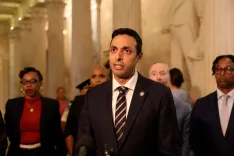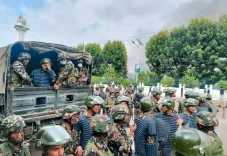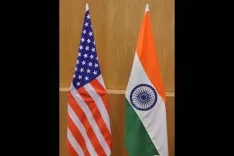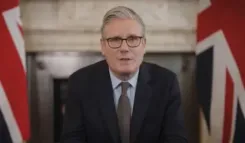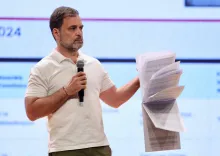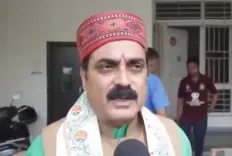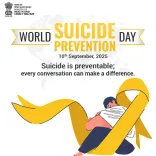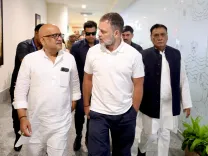Why Are UNSC Reforms Crucial for Effective Peacekeeping Operations?
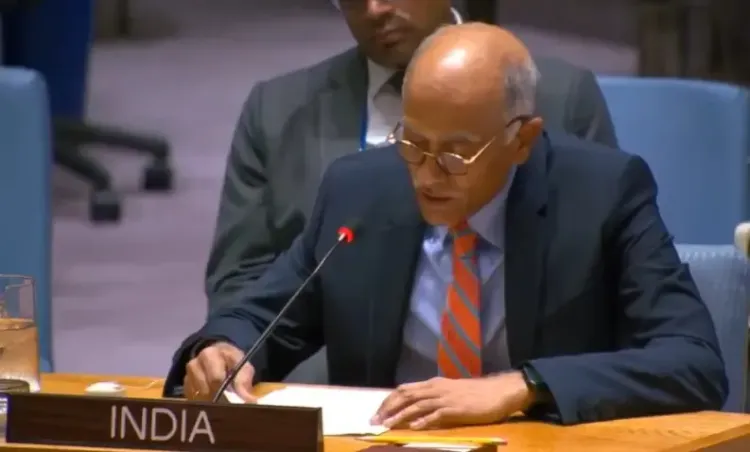
Synopsis
Key Takeaways
- Reforms are essential for the legitimacy of the UNSC.
- Major troop-contributing countries like India must be included in decision-making.
- Peacekeeping mandates should be clear and aligned with available resources.
- All stakeholders, especially contributing nations, should be involved in the reform process.
- Funding uncertainties could impact operational effectiveness.
United Nations, Sep 10 (NationPress) For peacekeeping operations to be truly effective, the Security Council must undergo reforms to ensure it possesses the legitimacy that mirrors current global realities, as emphasized by India.
India’s Permanent Representative, P. Harish, articulated this point on Wednesday, stating, “The effectiveness of UN peacekeeping is closely linked to the structure and legitimacy of the UN Security Council. It is imperative to reform the Council to facilitate expansion in both permanent and non-permanent categories that reflect modern-day realities.”
Significant contributors, such as India—which has deployed the highest number of troops—are excluded from permanent membership in the Council, which is responsible for authorizing these missions.
Harish mentioned that tackling the evolving challenges posed to peacekeeping requires a consensus formed through a member state-driven process characterized by comprehensive consultations.
He insisted that all stakeholders, especially those nations contributing troops and police, must be part of this process.
Speaking during the Council's open debate on peacekeeping, hosted by South Korea this month, Harish noted that peacekeeping missions face “multiple challenges, including political, operational, and technological complexities,” and stressed the need to return to the core principles of UN peacekeeping.
He asserted that mandates must be simple, realistic, clear, and focused.
The success of peace operations is likely when they are integrated with a broader political agenda, accompanied by a well-defined political outcome.
Harish also pointed out that funding for peacekeeping operations remains unpredictable. To address this issue, “the scope of mandates should align with the resources available for peacekeepers.”
Concerns have been raised regarding potential cuts to funding from the United States, which contributes 25% to the peacekeeping budget.
“It is time to withdraw and liquidate UN peacekeeping missions that operate under outdated and obsolete mandates,” Harish declared.
Though not explicitly mentioned, the UN Military Observer Group in India and Pakistan, which India has indicated is now redundant, is one such mission.
Jean-Pierre Lacroix, the Under-Secretary-General for Peace Operations, stated that peacekeeping missions are not intended to be indefinite. For them to conclude without a return to conflict, “clear, prioritized mandates, active political engagement, and expressions of support” are vital.
Rosemary DiCarlo, the Under-Secretary-General for Political and Peacebuilding Affairs, noted that peacekeeping missions often operate in politically unstable environments, sometimes amidst ongoing civil wars.
“In such scenarios, the initial objectives of our missions should be more limited—such as preventing further violence, achieving a ceasefire, or assisting a fragile peace process in getting underway,” she explained.

